Tableau has been named a Leader in the Gartner Magic Quadrant for Analytics and Business Intelligence Platforms for 13 consecutive years.
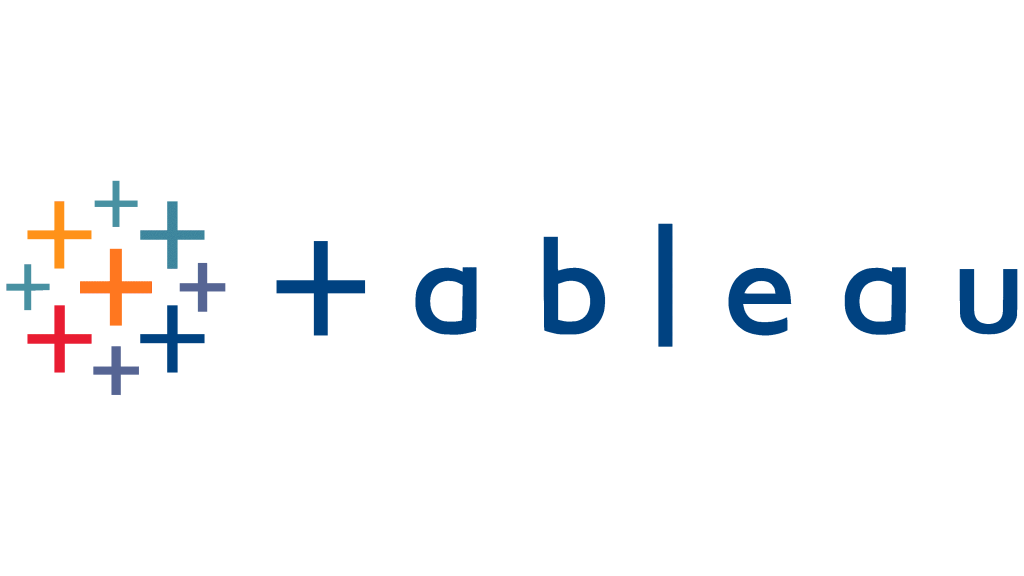
Recently, Gartner® released the 2025 Magic Quadrant™ for Analytics and Business Intelligence Platforms.
Tableau has remained a Leader in the quadrant for the 13th consecutive year, thanks to its robust product capabilities, innovative AI technologies, and broad customer recognition.
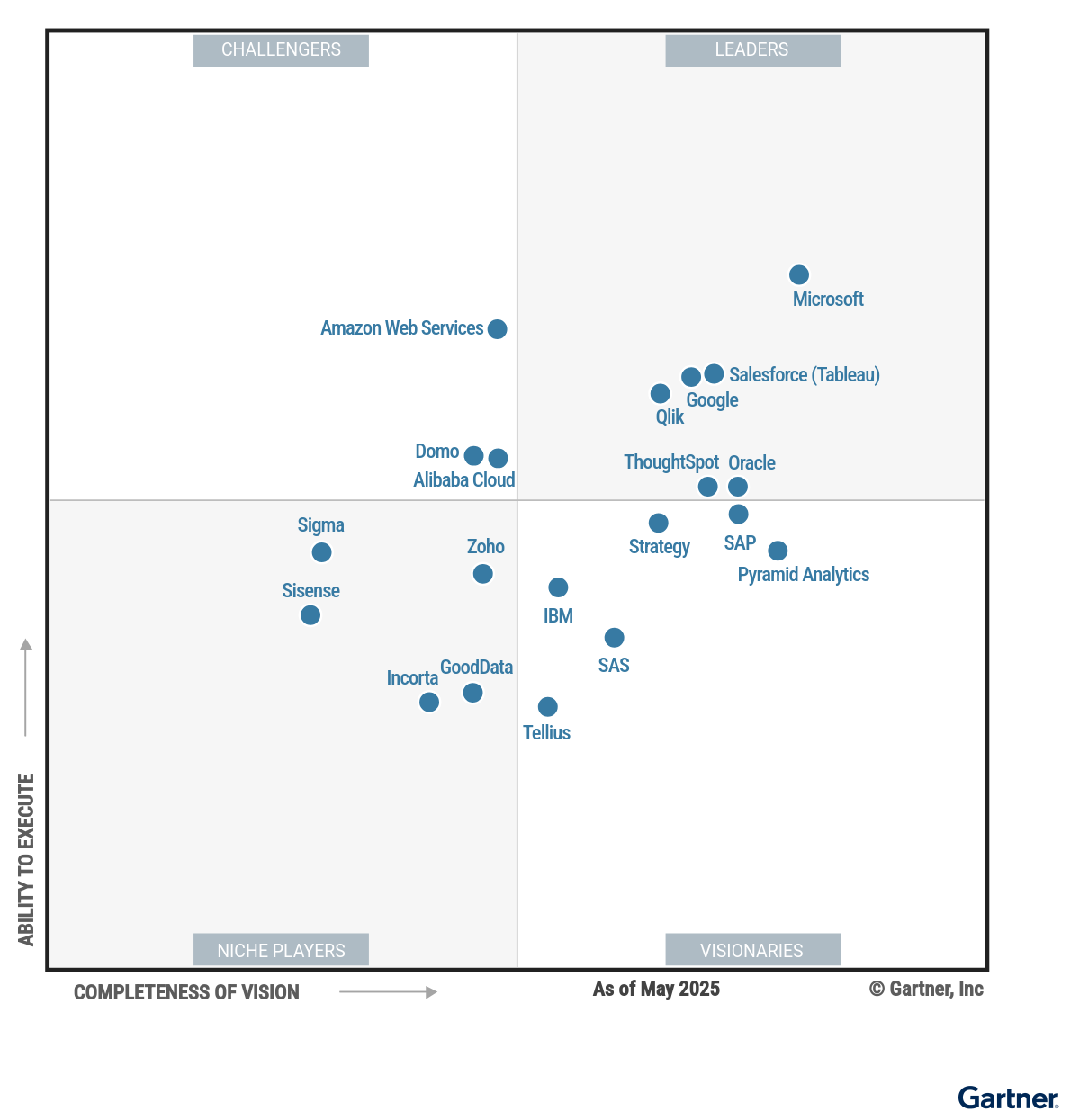
According to Gartner’s summary, Tableau’s leadership position is supported by several key advantages:
01 Outstanding Agentic AI Capabilities
Gartner notes that in 2025, Tableau launched its next-generation analytics platform, Tableau Next—an intelligent platform built on an open lakehouse architecture that integrates structured, unstructured, and real-time streaming data.
With the Tableau AI semantic layer, data is more closely connected to business scenarios. AI Agents can proactively suggest and incorporate business semantics, enabling seamless integration between data insights and business workflows.
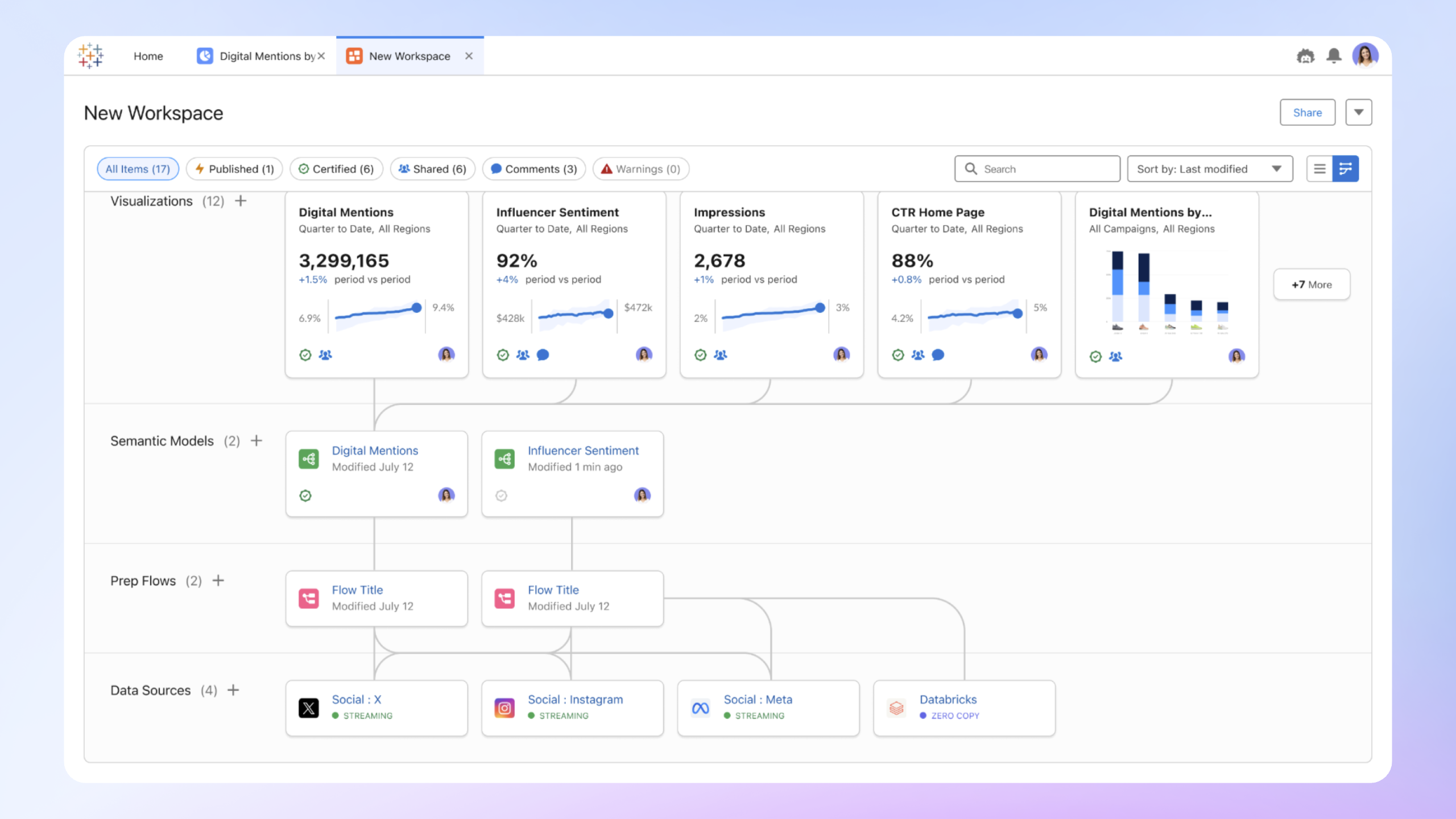
Other highlights of Tableau AI include Einstein Discovery, Data Guide, and Tableau Pulse, which aim to help organizations gain automated insights more efficiently.
Einstein Discovery provides key driver analysis to help users understand what factors are influencing business outcomes. Data Guide clarifies complex data relationships through correlation analysis. Tableau Pulse actively monitors trends and anomalies, pushing insights in real-time via Slack, MS Teams, and email.
Together, these features make Tableau a truly intelligent analytics platform. It simplifies data blending and transformation while delivering comprehensive analytical capabilities—even enabling non-technical business users to conduct deep data analysis with ease.
02 Flexible and Scalable Deployment
For enterprises with cross-regional operations, Tableau demonstrates outstanding flexibility and scalability.
On one hand, Tableau Server supports flexible deployment on major cloud providers such as Azure, Alibaba Cloud, Google Cloud, and AWS, and enables Agentic capabilities through Tableau LangChain. As a SaaS application, Tableau Cloud runs entirely on AWS.
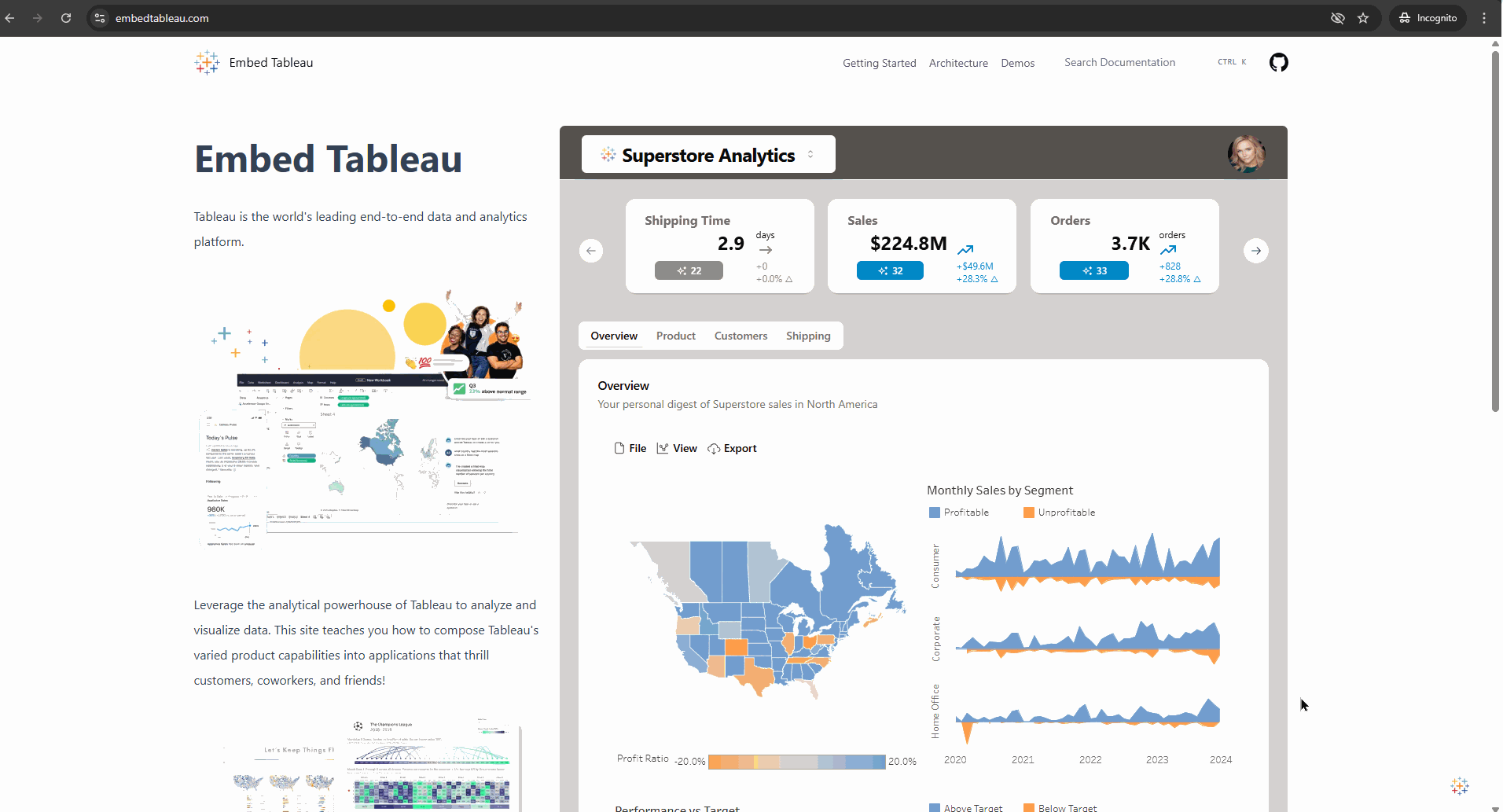
On the other hand, this flexibility is not only reflected in deployment options, but also in data management capabilities. Tableau supports operations across data lakes, on-premises, cloud, and hybrid environments, enabling organizations to leverage existing data assets efficiently while strictly adhering to governance policies.
This is a significant advantage for multinational enterprises that must comply with varying data regulations across regions.
03 Strong User Community and Customer Support
According to Gartner Peer Insights, Tableau customers often cite its vibrant user community, professional services expertise, and product functionality and performance as key decision factors. This community-driven knowledge sharing delivers immense value, especially for new users.
More importantly, the community actively contributes to Tableau’s product strategy and innovation. In the past year, Tableau has introduced over 140 product innovations across its cloud, server, and desktop offerings, many inspired by community feedback and suggestions.
This co-creation model ensures that every Tableau innovation aligns with real user needs.
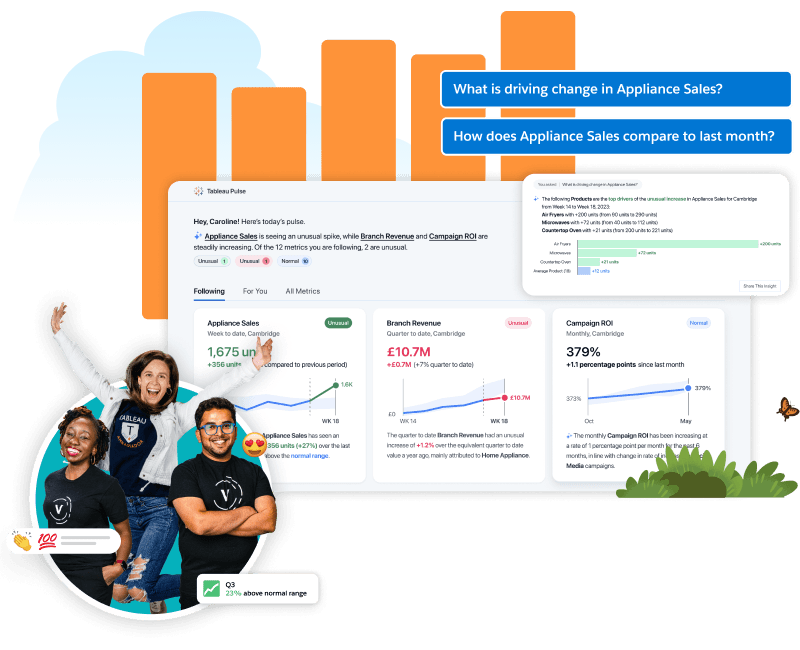
How Tableau AI Is Reshaping the Analytics Experience
Finding insights is only the first step—turning them into actions is the key to driving impact.
At the recent 2025 Gartner BI Bake-Off, Tableau’s product team showcased how Agentic Analytics, powered by autonomous and assisted AI, is transforming data-driven decision-making, and how enterprises can embed data across daily workflows:
👉 Tableau Agent acts as an assistant—not a replacement for human experts. With conversational analytics, Tableau Agent can provide recommendations, quickly deliver requested results, and even suggest new calculations.
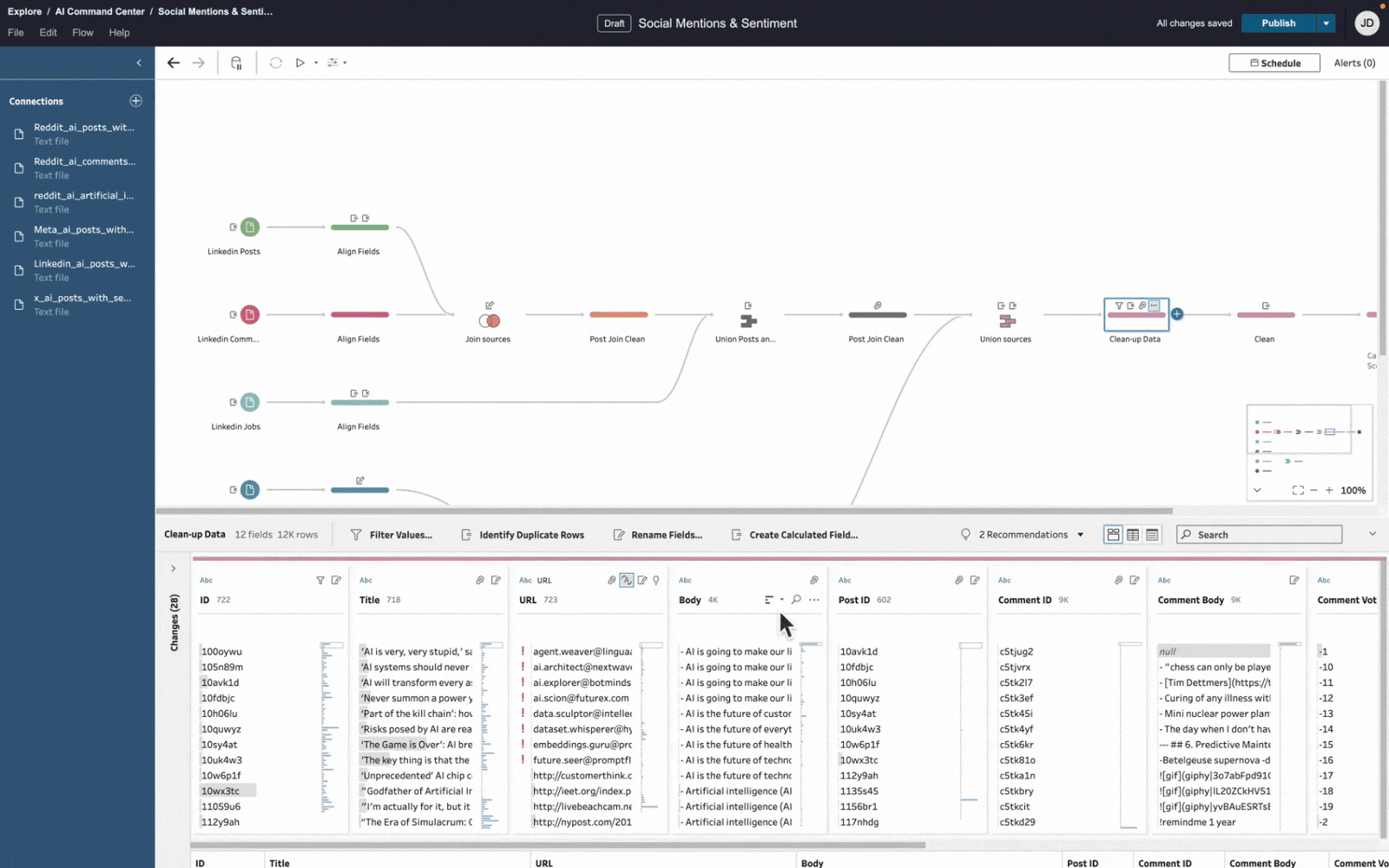
👉 As a unified data layer for structured and unstructured data, Data Cloud offers a visual map of all raw data. Even when source data is messy, it can be accurately mapped with minimal effort—freeing teams to focus on solving business problems with trusted, well-structured information.
👉 A standout innovation is the Pulse Research Agent, which not only helps organizations understand what is happening in their data—but more importantly, why it’s happening. Using a multi-agent collaboration approach, it investigates and explores evidence behind insights from sources such as macro trends, external research, social media, and internal data, delivering actionable, business-context-rich insights.
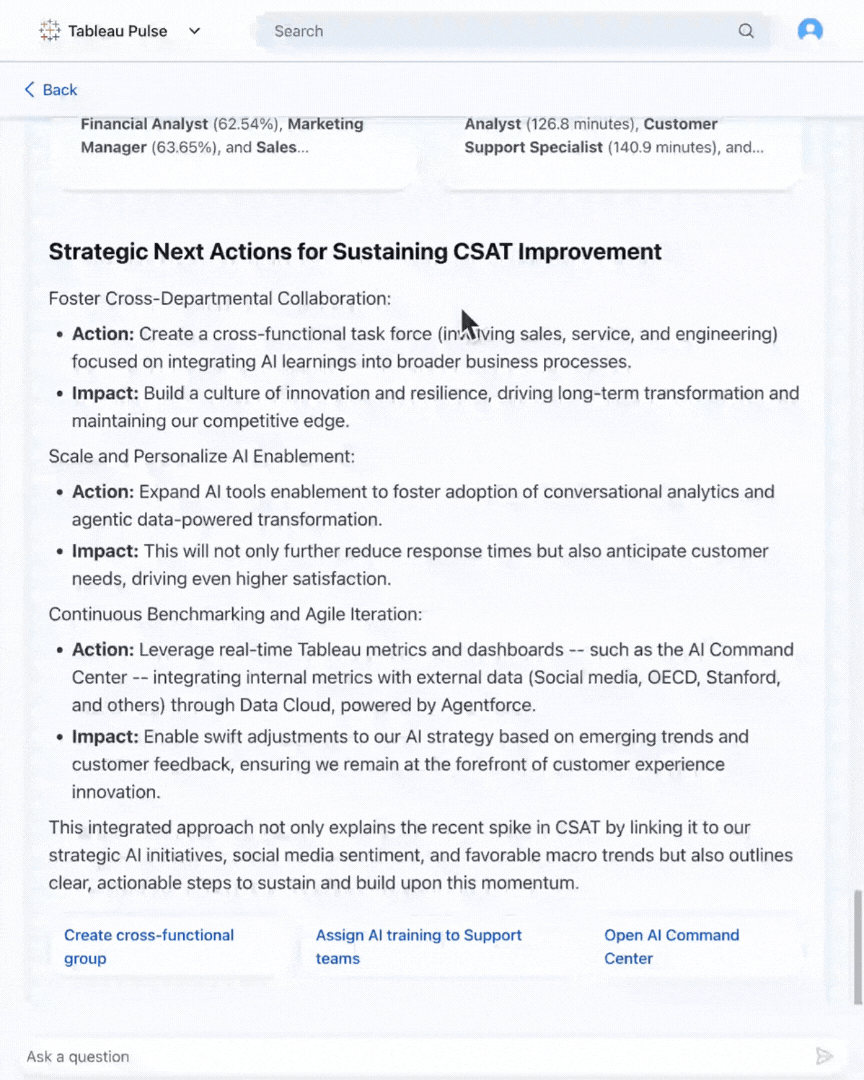
👉 With Pulse’s conversational AI, users can access data from multiple sources and share key metrics in real time—democratizing data-driven decision-making. Even better, analytics apps and dashboards can be embedded directly into workflows and business apps such as CRM, ERP, and more, making insights actionable in day-to-day operations.
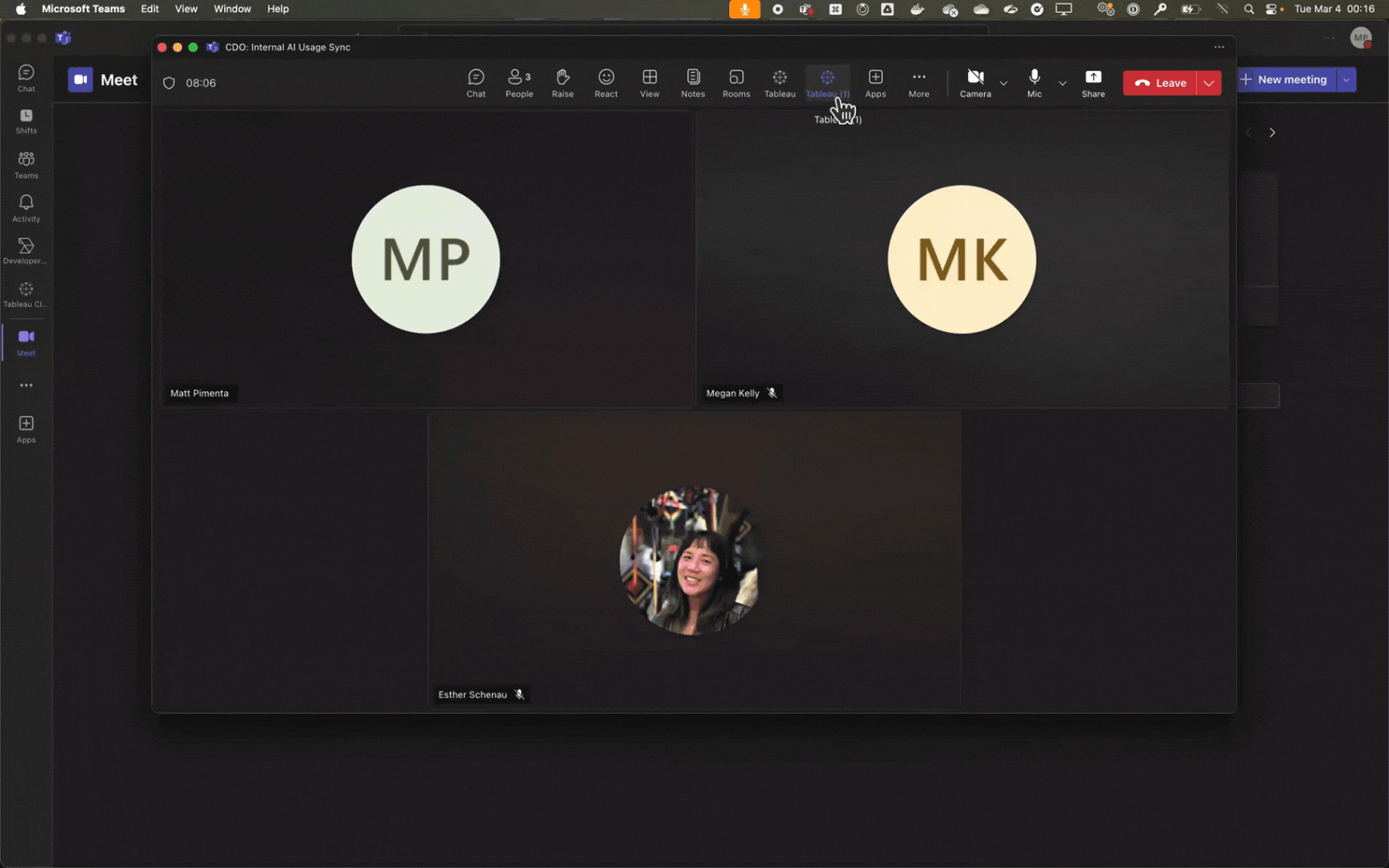
Whether it’s helping sales teams track performance or guiding customer service managers in solution improvements, Tableau enables everyone to quickly turn insight into action.
Leading the Future of Data Analytics
Thirteen consecutive years as a Leader is not only a recognition of Tableau’s past achievements—it’s also a strong endorsement of its future direction. As Tableau has demonstrated, businesses need more than just tools to visualize data—they need platforms that help them ask better questions, make smarter decisions, and take meaningful action.
From holistic to composable analytics, from passive viewing to proactive delivery, from standalone tools to embedded intelligence—Tableau is redefining the standards for analytics in the AI era.
As data becomes the core asset of enterprises, Tableau continues to innovate to empower everyone—from data experts to business users—to see, understand, and act on data, truly maximizing data value.
A heartfelt thank you to all users for your long-standing trust and support for Tableau and Youedata. We look forward to continuing the journey with you—driving digital transformation through AI innovation strategies and fostering a thriving data culture.










